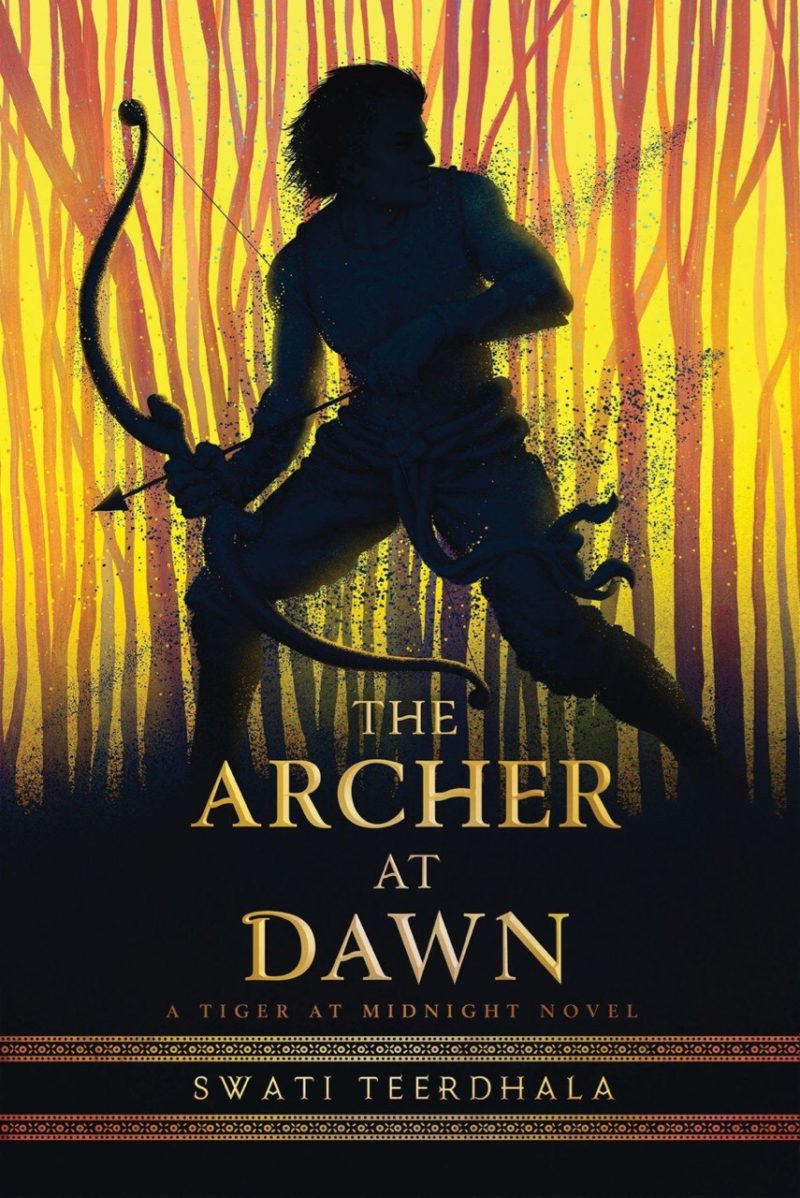 Pantomime – buy it
Pantomime – buy it
by Laura Lam – her website
Recommended Ages: 14+
[button color=”black” size=”big” link=”http://affiliates.abebooks.com/c/99844/77798/2029?u=http%3A%2F%2Fwww.abebooks.com%2Fservlet%2FSearchResults%3Fisbn%3D9781908844378″ target=”blank” ]Purchase here[/button]
Iphigenia ‘Gene’ Laurus is the heiress of a noble family, bound by corsets and her Mother’s rich ideals. Micah Grey is a runaway, taking refuge in R.H. Ragona’s Circus of Magic, the greatest circus in Ellada. With a head for heights, the beckoning call of the aerialists is too tempting to resist, and a new life is forged in the heart of the tumbling circus life where anything seems possible. But not all is as it first appears, and identity is given the sleight of hand. Surrounded by the mystical blue Penglass and remnants of a civilisation half-forgotten, the adventure is only just beginning, with danger lurking at every turn. What does it take to learn about yourself under the weight of expectation?
The cover copy of Pantomime is deliberately misleading, and as such the following review contains spoilers:
This book takes the magic of childhood dreams and the thrill of adventure, and catapults it into a fast paced frenzy of revelations. Peeking behind the curtain of circus life, we see the darkness of clowns, the troubles of fitting into a group already formed, and the tribulations of life in strict Victorianesque society. But who should Gene be running from? Pantomime’s biggest theme is the formation of self, prescribed gender expectations and the pressure of living a life in subversive freedom.
With hints of a dystopian fantasy, the land has a dark past that is merely hinted at throughout, with strange devices littering the plot, and glass that glows with a special touch. Bloodlines play a huge part in the plot, with family ties binding the protagonist to a past that is filled with questions. Whilst Pantomime sets this scene with subtle allusions, the sequel surely begs for further exploration.
Laura Lam has crafted a compelling protagonist at the centre of Pantomime. Gene is intersex, and the narrative explores the fluidity of gender for the androgynous hero who is neither biologically female nor male, but both. The cover art shows a person masked, and Gene’s journey shows the pains of keeping oneself hidden because society bids it so. Gene (not Iphigenia) is the reluctant daughter of society, and Micah is the male identity that allows Gene to escape the constraints of binary gender roles. Gene would rather be climbing trees than spending time at the ball. But the high life comes at a price, which Gene’s new found identity as Micah must soon take a leap to learn once he casts himself away from society. Lam uses gender neutral pronouns such as their and references to the identity that Gene/Micah inhabits at the point in the narrative that best suits her purpose. It is in allowing Gene/Micah to fall into the main narrative of the circus life where Pantomime truly excels.
Whilst Pantomime reveals this twist through split timelines within the narrative, the reader is given hints throughout that Gene and Micah are one and the same. Gene’s intersex identity is used as a plot device, which strays a little into ‘issue book’ territory, however such narratives written well are rare in today’s literary landscape and the power of the plot line on its own merits allows Micah to become a fantastic flawed hero. Discussions of Gene’s secret include painful exploitation from family members, but the one ally of Gene’s brother shows acceptance at the heart of the tale. Love is a powerful force within the narrative.
Pantomime is a story of trust. Who can you rely on and who is telling the truth, what secrets are best kept to oneself, and when should you share? What alliances are forged and to what end?
The fear that Gene/Micah experiences when dealing with the revelation of the secret is prevalent. From details such as the pain of rushed binding, to the terror of the wrong person finding out the truth, Pantomime puts you at the heart of their worries. At times the narrative feels a little exploitative. Gene is constantly forced to physically reveal the secret in order to ‘prove’ the truth, sometimes without consent, and domestic violence is a malevolent theme throughout that haunts proceedings both in their home life and the life of those at the circus. Lam shows a very real threat to their safety. But it is the triumphs that Gene experiences as Micah that are the most compelling, from the flutters of attraction to both Aenea and Drystan, Micah’s fellow circus members, to the success of learning to live independently. The love triangle comes to a tragic conclusion that puts your heart in your throat. Rejection, in any form, is a bitter pill to swallow.
As the narrative unravels, it is perhaps ‘otherness’ that becomes the most important thread, with murderous consequences for those who get too close to the truth.
With a cast of equally exciting characters conjuring up the circus life, Pantomime has a rare magic that draws the reader onwards. It is an intriguing first step that has much more to offer.
This book was a magical ride that revels in the intricacies of identity. A definite one to watch!


